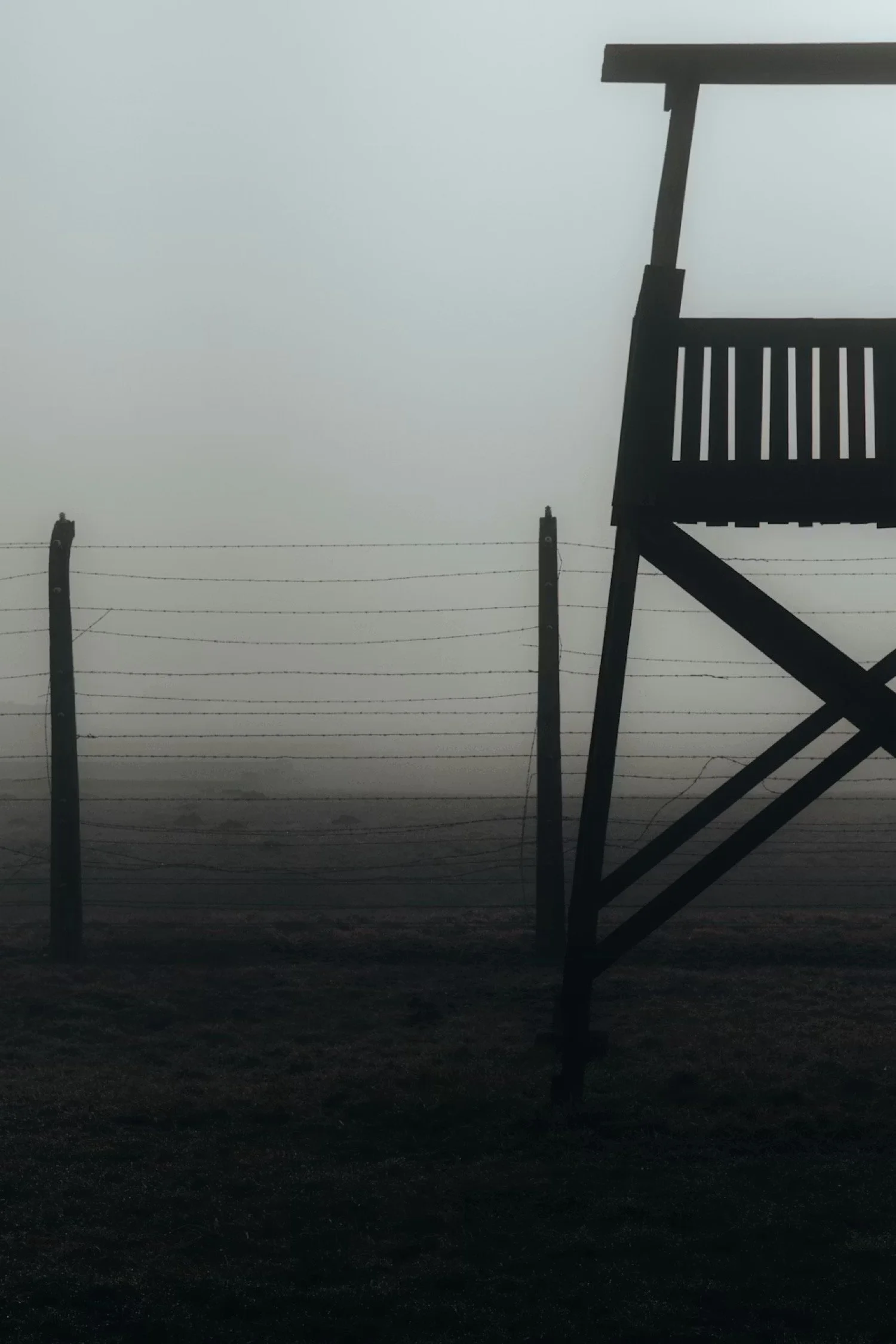Readings for today: 1 Samuel 10-12, Luke 13:22-35
“Then the Spirit of the Lord will rush upon you, and you will prophesy with them and be turned into another man. Now when these signs meet you, do what your hand finds to do, for God is with you.” (1 Samuel 10:6-7)
The people of Israel found themselves in a time of crisis. Samuel, the faithful judge who had led them for so many years, was failing. His sons did not possess the character of their father. It would not be much longer and Israel would have no leader. No spiritual authority. No one to point them to God and protect them from their enemies. So they called for a king. Giving into their fears and anxiety, they asked Samuel to anoint someone to take his place. Someone who would reign and rule over them like the other nations. Someone who would guide and protect them. Someone they could look to in difficult times. God grants Israel’s request. He gives them a king named Saul. A man with great leadership potential. A charismatic leader who can rally Israel and deliver them from their enemies. However, what truly sets Saul apart is the Spirit of the Living God. After Saul meets Samuel and is anointed king, Samuel tells him to expect something miraculous to happen. Saul will actually be changed into a different man by the Holy Spirit. God Himself will rush upon Saul, giving him all he needs to be successful. I love how the Bible describes it, “When Saul turned his back to leave Samuel, God gave him another heart.” (1 Samuel 10:9) Wow. What a gift! All Saul has to do from this point forward is walk in the newness of life he has received and Israel will be saved.
Friends, God is still in the salvation business. God still “rushes” on His people in times of great crisis. He is there to provide when our needs are great and our strength is small. When we come to faith in Jesus Christ, the Holy Spirit rushes upon us and we are reborn. We are changed into different men and women. We are given new hearts. God empowering and strengthening us for the work He’s called us to in this world. Unlike in the Old Testament where the Spirit of God would come and go on a person, in the New Testament the gift of the Spirit is permanent. God comes to take up residence in our hearts. God comes to dwell with us on a regular basis. God fills us eternally with His very presence. The results are amazing. We are given gifts like wisdom, knowledge, understanding, discernment, boldness, evangelistic zeal, tongues, prophecy, even miracles. The list is endless because God is endless. We are also given great grace to become new people. The fruit of a life lived in humble submission to God is love, joy, peace, patience, kindness, goodness, gentleness, faithfulness, and self-control. Taken together, these gifts and graces become the resources a believer draws on as she/he seeks to serve the world in Jesus’ name.
So far in our reading we’ve encountered some amazing spiritual leaders. Moses. Joshua. Deborah. Gideon. Samuel. All of them filled with God’s Spirit. All of them called to lead God’s people in times of great crisis. All of them given the gifts and graces necessary to do the work God has called them to do. It is tempting as we read the stories of these spiritual heroes and heroines to believe that could never be us. We’re too ordinary. Too weak. Too frail in our faith. It’s tempting to believe our calling is far more mundane. But nothing could be further from the truth! The same Spirit that empowered Moses to split a sea and Joshua to tear down walls and gave Deborah a song of victory to sing is the same Spirit that lives and dwells inside the heart of every true Christian! So in this time of great crisis…as so many live in fear and anxiety of contracting a deadly disease…as so many struggle with lost jobs and lost hopes and lost dreams…as so many feel the isolating effects of social distancing and depression…as so many wrestle with deep grief over those they’ve lost…we have an opportunity to be the hands and feet of Christ! To offer a comforting word or comforting shoulder in the name of Christ! To point people to the eternal hope they too can have if they place their trust in Christ!
Don’t worry about having all the answers! Don’t worry about getting everything right! Don’t worry about making mistakes! Trust the Spirit to lead you! Trust the Spirit to guide you! Simply “do what your hand finds to do for God is with you!” (1 Samuel 10:7)
Readings for tomorrow: 1 Samuel 13-14, Luke 14:1-24




